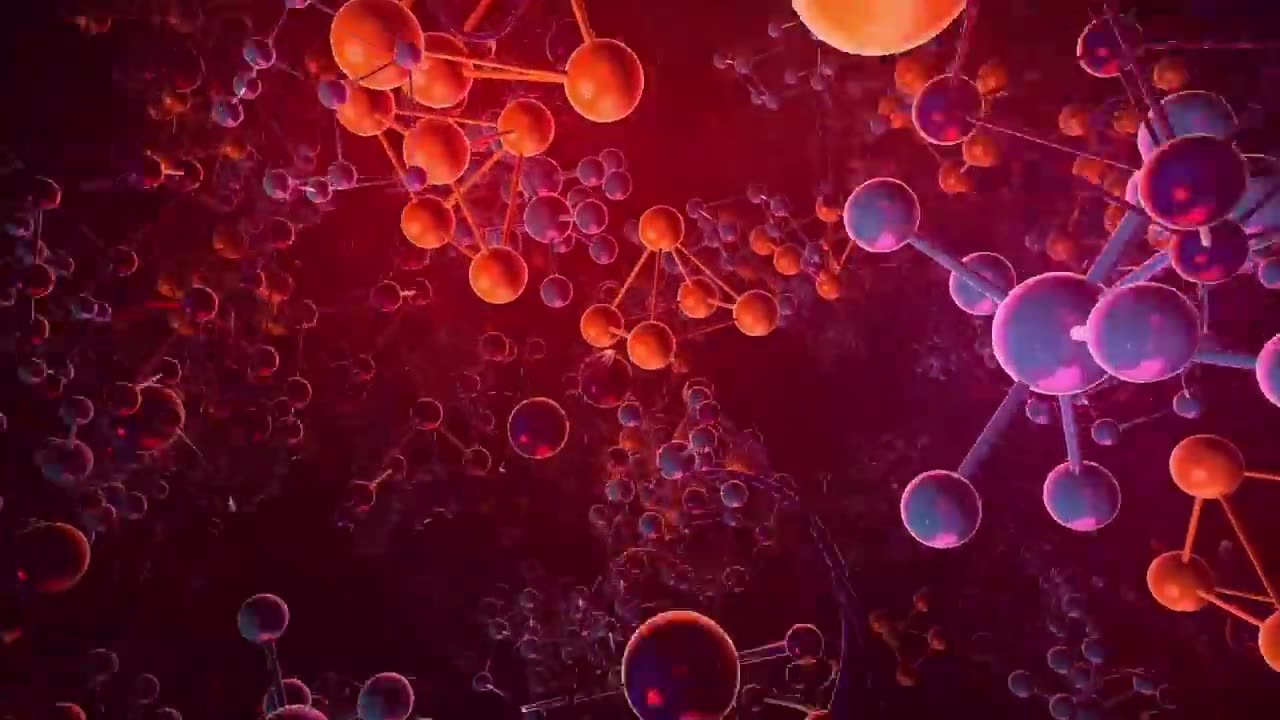Premium Only Content

The Simulation Hypothesis & Free Will Explained by Brian Greene
Is reality an illusion? Is it possible that we live in a Matrix-like world with multiple layers constructed by our descendants?
Ever since the movie Matrix came out in 1999 in which humans are trapped inside a virtual reality, there has been intense public speculation and debate about the nature of reality.
American theoretical physicist, mathematician, and string theorist Brian Greene explains the reasoning behind the simulation argument for why we might be living inside a computer simulation. This phenomenon derives from the simulation hypothesis, proposed by Nick Bostrom in 2003.
The basic idea behind simulation hypothesis is that all the current existence that humans know, including the Earth and the rest of the universe, could in fact be an artificial simulation, such as a computer simulation.
The simulation hypothesis relies on the advancement of computer and video game technology to make the argument that humans could be living inside a computer program. What could a simulated reality look like, and how would we know if we are in one? Or what if there were multiple layers to our existence and the world we experience is just one layer? Where does consciousness and free will come into play?
According to Brian Greene, free will is an illusion whether the simulated reality hypothesis is true or not. He also explains "Compatibilism" which is the position or view that causal determinism is true, but we still act as free, morally responsible agents when, in the absence of external constraints, our actions are caused by our desires. Although compatibilism does not maintain that humans are free and is a sort of soft determinism.
Many scientists argue against the existence of simulated reality and they view it to be unprovable in any concrete sense as there is an infinite regress problem with the argument:
any evidence that is directly observed could be another simulation itself. Even if we are a simulated reality, there is no way to be sure the beings running the simulation are not themselves a simulation and the operators of that simulation are not a simulation.
Experiments that could distinguish physical reality from a simulation are what would be needed for it to be a credible scientific assertion.
-
 51:59
51:59
Candace Show Podcast
4 hours agoMahmoud Khalil’s Detainment: Fighting Terrorism Or Speech? | Candace Ep 158
55.5K218 -
 LIVE
LIVE
Dr Disrespect
8 hours ago🔴LIVE - DR DISRESPECT - PUBG - PRO TACTICALLY WINNING
2,311 watching -
 1:02:40
1:02:40
In The Litter Box w/ Jewels & Catturd
23 hours agoUSAID to Staff: Shred and Burn | In the Litter Box w/ Jewels & Catturd – Ep. 760 – 3/12/2025
53.8K27 -
 2:21:38
2:21:38
Darkhorse Podcast
6 hours agoMAGA, MAHA, and the Unity Movement: The 267th Evolutionary Lens with Bret Weinstein and Heather Heying
57.8K28 -
 1:58:45
1:58:45
The Quartering
7 hours agoCorrupt Democrats Caught SHREDDING Evidence, Assassination Plot On Alex Jones, Tariff Fallout & More
126K45 -
 1:27:14
1:27:14
The Officer Tatum
6 hours agoLIVE: Trump and Elon BREAK INTERNET With BRAND NEW TESLA | Officer Tatum Show EP 78
61K45 -
 2:10:41
2:10:41
Adam Carolla
1 day agoCatalytic Converter Theft Turns Deadly + UPDATE! Rebuilding Malibu | Adam’s Wild Malibu Trip
39.7K16 -
 47:43
47:43
Russell Brand
8 hours agoWho’s Controlling the Narrative? Iran, Epstein, and the Fight Over Women’s Sports – SF552
175K101 -
 1:54:25
1:54:25
vivafrei
9 hours agoCanadian Premiers BUCKLE! "Gender" Wars in Congress! Madness in Seattle AND MORE! Viva Frei Live
97.3K127 -
 1:58:28
1:58:28
The Charlie Kirk Show
7 hours agoWhy The Left Hates Musk + Punishing Campus Antisemitism | Terrell | 3.12.25
121K25